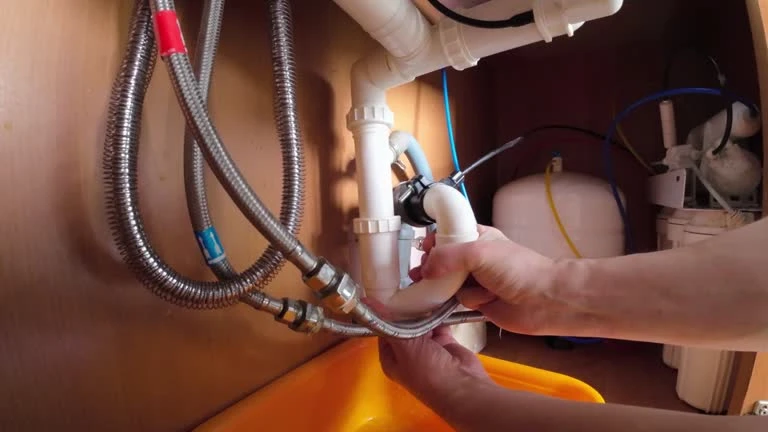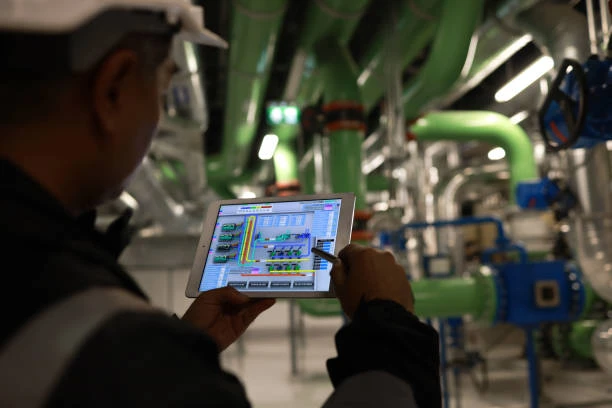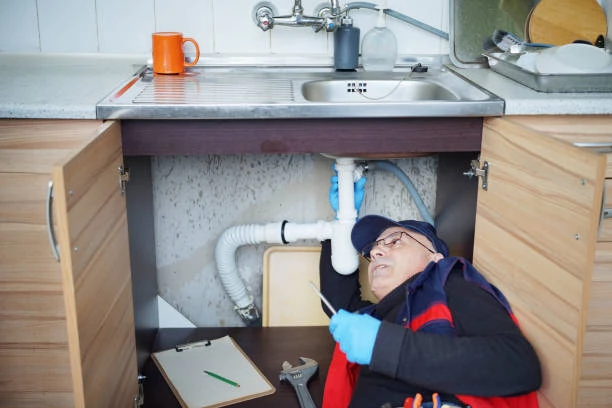Brass stop valves play a crucial role in controlling the flow of fluids in various plumbing systems. Central to their functionality is their sealing mechanism, which ensures a tight closure to prevent leakage and maintain system integrity. Let’s delve deeper into the sealing principle and performance of brass stop valves.
Sealing Mechanism Explained
1. Compression Seals:
Compression Fittings:
Brass stop valves often employ compression fittings, where a nut compresses a brass ring or ferrule against the pipe, creating a seal.
Tightening Process:
As the nut is tightened, it compresses the ring or ferrule uniformly around the pipe, forming a secure seal.
Leak Prevention:
This compression mechanism prevents fluid from escaping between the pipe and the valve, ensuring leak-free operation.
2. Tapered Threads:
Threaded Design:
Some brass stop valves feature tapered threads that create a tight seal when the valve is closed.
Gradual Constriction:
As the valve is turned, the tapered threads gradually constrict, providing a secure closure and preventing fluid from passing through.
Performance Characteristics
1. Leak Resistance:
Reliable Sealing:
Brass stop valves are known for their excellent leak resistance, thanks to their compression fittings and tapered threads.
Preventing Drips:
The robust sealing mechanism ensures minimal to no dripping, even under high-pressure conditions.
2. Durability:
Corrosion Resistance:
Brass construction offers inherent resistance to corrosion, prolonging the lifespan of the valve and maintaining its sealing integrity.
Longevity:
With proper maintenance, brass stop valve can provide long-lasting performance, making them a reliable choice for plumbing systems.
3. Versatility:
- Wide Application:
- Brass stop valves find applications across various industries and plumbing systems, including residential, commercial, and industrial settings.
- Compatibility:
- They are compatible with a wide range of fluids, including water, oil, gas, and more, enhancing their versatility.
Conclusion
Understanding the sealing principle and performance characteristics of brass stop valve is crucial for ensuring their effective operation in plumbing systems. With their reliable compression fittings, tapered threads, leak resistance, durability, and versatility, brass stop valves continue to be a preferred choice for controlling fluid flow in diverse applications.
By prioritizing these factors, users can select the most suitable brass stop valves for their specific needs, ensuring efficient and reliable performance in their plumbing systems.
IFAN is a Chinese manufacturer of plastic pipes, fittings and valves with 30 years of experience. If you are interested in IFAN copper fittings, copper valves, plastic pipes and fittings, please contact us. IFAN offers you a variety of standard pipes to meet your specific needs. Click below to learn more about IFAN’s wide range of affordable and cost-effective valve products and piping system related products.
We will reply your email or fax within 24 hours.
You can call us at any time if there is any question on our production.
For more information,pls visit our webside https://waterpipefitting.com/
Pls Mailto: [email protected]
Whatsapp: + 86 19857948982














Recent Comments